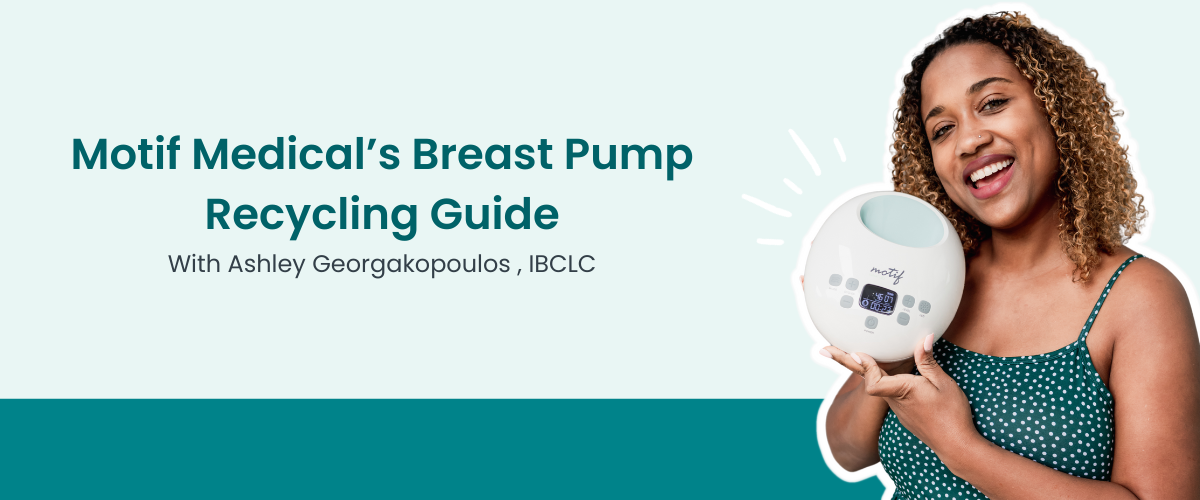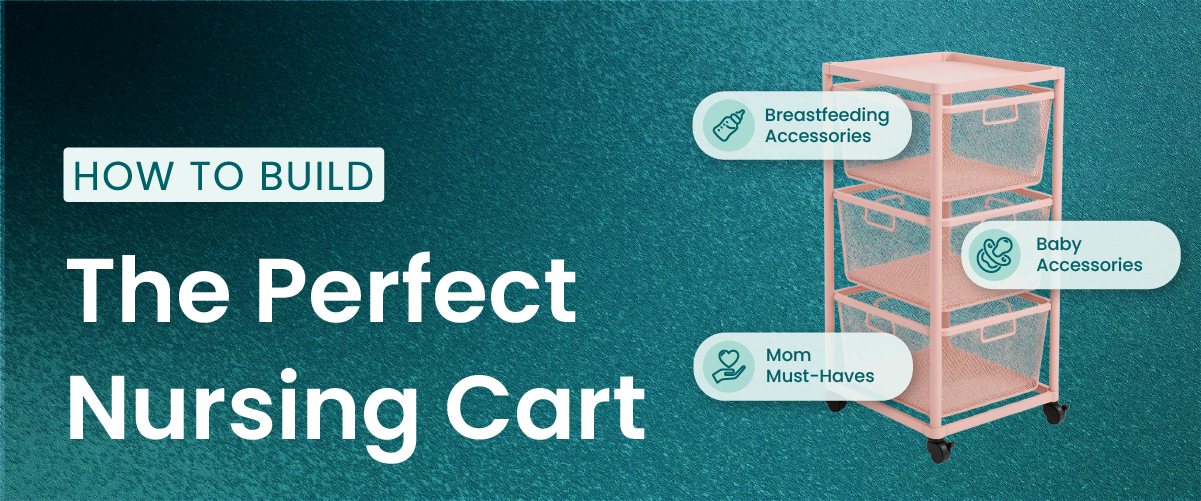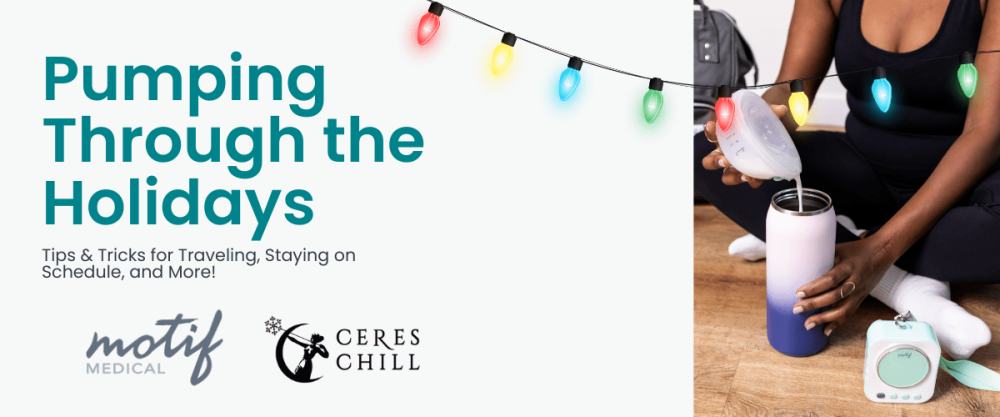Postpartum depression (PPD) is a serious problem experienced by as many as 4 in 5 mothers within a few days after giving birth, and in some, continues past the first weeks postpartum. While “baby blues” can be described as trouble sleeping and anxiety, tearfulness, and dysphoria, PPD is much more severe, causing disturbances in eating habits, self care and hygiene, and even troubling thoughts and/or actions. Some new mothers are more at risk than others to develop postpartum depression. Risk factors include, but are not limited to (no particular order):
- Prenatal Depression - Depression during pregnancy may be the strongest predictor for later suffering from PPD
- Prenatal anxiety - History of previous depression and / or anxiety
- Presence of maternity blues aka “Baby Blues”
- Recent stressful life events
- Inadequate social supports
- Poor marital relationship
- Low self-esteem
- Childcare stress
- Difficult infant temperament
- Single marital status
- Unplanned or unwanted pregnancy
- Lower socioeconomic status
Breastfeeding and Postpartum Depression
In regard to breastfeeding experiences and PPD, there is certainly a relationship between the two, and that connection goes both ways. Symptoms of postpartum depression can make it harder to be attentive, both mentally and physically, having overall lower breastfeeding initiation rates and stopping earlier than average. Many mothers report or exhibit lower confidence levels at their ability to breastfeed, which may be exacerbated by their depressive state.
The other side to this is not breastfeeding can cause PPD, as well as worsen existing PPD. When scored on the Edinburgh Postnatal Depression Scale (EPDS) depression scale, those who had longer breastfeeding duration repeatedly scored better, and did so sooner, as opposed to the counter statuses. In other words, it is important for the mother to have support to reap the benefits of breastfeeding for her mental health and early identification of those at increased risk can make interventions more effective.
So, what is it about breastfeeding that helps so much with managing and reducing the risk of postpartum depression?
Hormones
Specifically oxytocin and prolactin, these two are responsible for making breast milk and positive response to the baby. There is a neuro effect these contribute to, promoting bonding, mood-enhancements, and nurturing tendencies.
Cortisol levels, a stress hormone, are lower and are more controlled when these two hormones are in circulation, which correlates with more effective and restful sleep. (Even if we are getting considerably less amounts of it!)
Mother-Infant Interaction
While this sounds self-explanatory, it is worth elaborating on. Less time making bottles and lower risk of maternal mental health issues leads to more time to just love on their baby. In a study conducted to examine lactation and PPD connections, more mothers reported stroking/cuddling their baby when breastfeeding. That physical connection and downtime in the postpartum period could very well make the difference needed for a new mom who is struggling.


Treatment
Therapy
Family and general practice therapists and counselors are great options to discuss thoughts and concerns. Having a judgement-free outlet or sounding board can work wonders on the mother's mental health, as well as having a professional gateway to other resources, as needed. A therapist can also help navigate additional options, such as medication and family mediation.
Medication
Many breastfeeding mothers worry about medication while breastfeeding, but there are options! Discuss with a healthcare provider about breastfeeding-friendly antidepressants and anxiety medications. Probiotics may also be a favorable choice to compliment mental health measures.
Nutrition and Exercise
Not to underestimate the power of a healthy body, physically, find ways to get more variety of fruits, vegetables, healthy fats and proteins, as well as making an effort to do something as simple as a 10 minute walk outside. Being stuck in the house with a newborn will wreak havoc on anyone’s well-being, and eating poorly will not help. Seek support where able to get healthier options into the daily routine where possible!
In Conclusion
There is still a lot to study, and many variables to account for when talking about depression and breastfeeding, individually and combined. However, it's important to reach out for assistance for both mental health as well as breastfeeding difficulties. Feeling insufficient, not confident, embarrassed, and even perhaps that your problem isn’t as severe as another’s, are all normal and common feelings, but its paramount for depressed mothers to know to ask for help anyway and know there are resources available! (See also 5 Things Your LC Wants You to Know)
Mental Health Resources
Postpartum Support International
PSI Helpline: 1-800-944-4773 #1 En Espanol or #2 English
OR TEXT: English: 503-894-9453 Español: 971-420-0294
Substance Abuse and Mental Health Services Administration (SAMHSA)
1-800-662-HELP (4357)
More resources at:
https://www.cdc.gov/reproductivehealth/depression/resources.htm
Research Resources
https://womensmentalhealth.org/posts/postpartum-depression-who-is-at-risk/
https://www.ncbi.nlm.nih.gov/pmc/articles/PMC4842365/
O'Hara M. W., McCabe J. E. Postpartum depression: current status and future directions. Annual Review of Clinical Psychology. 2013;9:379–407. doi: 10.1146/annurev-clinpsy-050212-185612.
Beck CT. Predictors of Postpartum Depression: An Update. Nurs Research. 2001 Sep/Oct;50(5):275-285. Dennis CL. Psychosocial and psychological interventions for prevention of postnatal depression: systematic review. BMJ. 2005 July 2;331(7507).
Wisner KL, Perel JM, Peindl KS, Hanusa BH, Piontek CM, Findling RL. Prevention of postpartum depression: a pilot randomized clinical trial. Am J Psychiatry. 2004 Jul;161(7):1290-2.
About the Author
Ashley Georgakopoulos is an International Board Certified Lactation Consultant (IBCLC) that specializes in the clinical management of breastfeeding and an expert in the field of lactation. Ashley is from Knoxville, TN, and is a mother who has dealt with the obstacles and joys of breastfeeding. As the owner of Genesis Lactation, she educates families, connects them to resources, and helps the next generation be as healthy as possible: nutritionally and sustainably.
All content published on the Motif Medical site is credited for information purposes only. This information should not substitute as medical advice, diagnosis, or treatment. Always consult your doctor or qualified health professional with any questions regarding the health of you or your baby.








